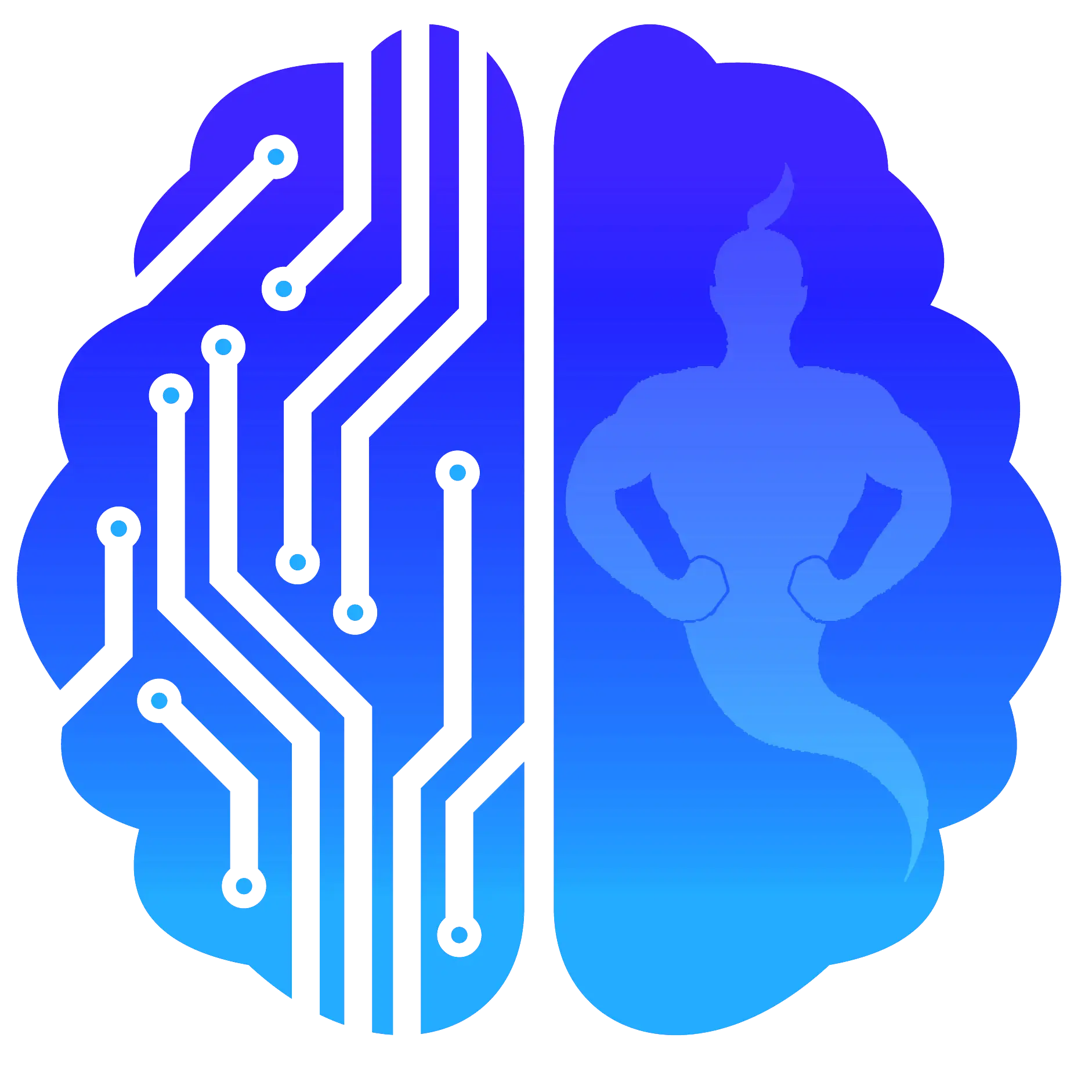Origins of AI
AI's predecessors
Before becoming a reality, AI was first and foremost an idea, that of a machine capable of thinking like a human being, which has long fascinated philosophers and scientists.
The age of the Analytical Machine
In the 19th century, British innovator Charles Babbage designed the “Analytical Machine”, considered the forerunner of the modern computer.
This machine was designed to automatically perform mathematical calculations and use instructions (programming) for different tasks, storing intermediate results (memory).
Despite the ingenuity of the concept, the Analytical Machine was never built due to its mechanical complexity and funding problems.
Nevertheless, it influenced the design of modern computers by introducing concepts such as programming, memory and the manipulation of different types of data, prefiguring computer architecture as we know it today.
The emergence of AI
The real beginning of AI can be attributed to two men: Alan Turing and John McCarthy.
Alan Turing's work
Alan Turing, a British mathematician, developed the “Turing test” to determine whether a machine could “think”. This test remains an important criterion in the field of AI.
The influence of John McCarthy
John McCarthy was an American computer scientist who is often considered the father of AI.
In 1956, he organized the Dartmouth Conference, where the term “artificial intelligence” was first coined and used.
AI and the 21st century
AI in everyday life
In the 21st century, AI began to infiltrate our daily lives.
From virtual assistants like Siri and Alexa to autonomous cars, AI has become ubiquitous.
AI and work
AI has also had a significant impact on the world of work.
From voice recognition software to assembly robots, AI has changed the way we work.
AI and entertainment
AI has even transformed entertainment, with increasingly sophisticated video games and movies using AI to create stunning visual effects.
Recent advances in AI
AI and machine learning
In recent years, AI has experienced a quantum leap thanks to machine learning.
This technology enables machines to learn from data and improve their performance over time.
AI and big data
AI has also benefited from the explosion of Big Data.
Thanks to the massive amount of data available, AI can now make more accurate predictions and analyses than ever before.
The future of AI
The story of AI is far from over, with new advances being made every day.
Although the future of AI is uncertain, one thing is certain: this technology will continue to play an increasingly important role in our lives.

